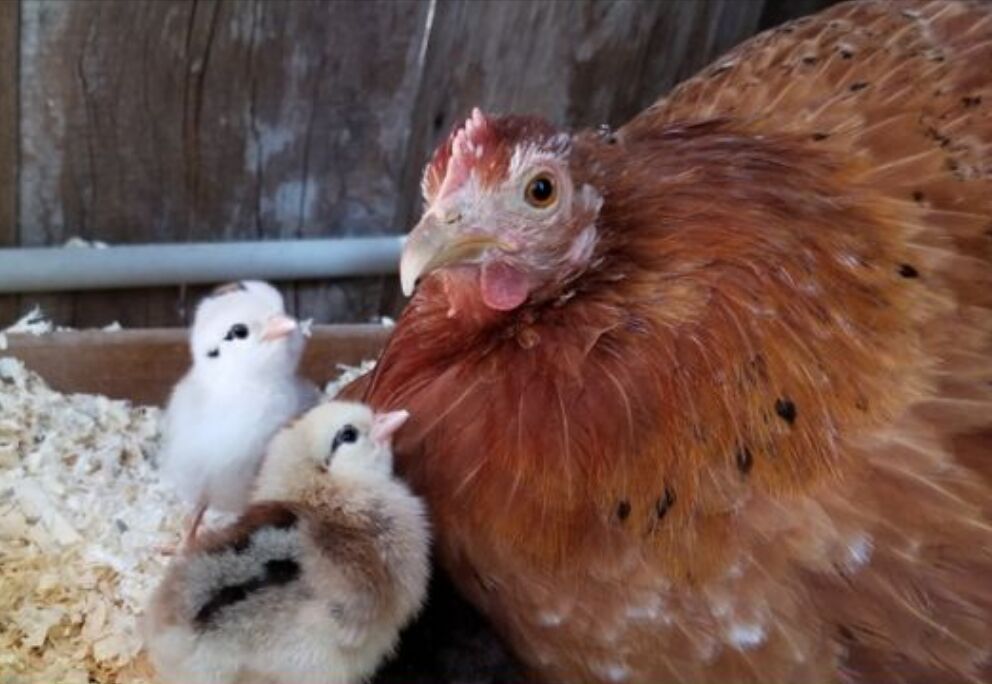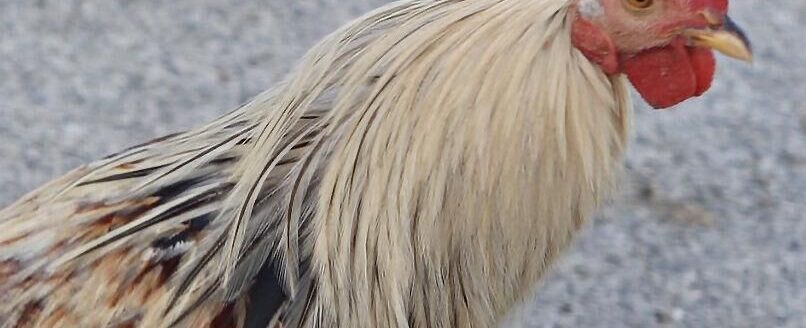Highly pathogenic avian influenza continues to spread

Several High Plains states have reported additional cases of the highly pathogenic avian influenza in the past few weeks, according to their agriculture departments.
The Kansas Department of Agriculture has now identified two new counties that have confirmed cases of HPAI as the disease outbreak continues in Kansas and nationwide. Samples from birds exhibiting HPAI symptoms in a non-commercial backyard mixed-species flock (poultry) in Dickinson County and also in a non-commercial backyard mixed-species flock (non-poultry) in rural Sedgwick County were confirmed by the National Veterinary Services Laboratories in Ames, Iowa. The announcement was made on March 18.
Anyone involved with poultry production from the small backyard chicken owner to the large commercial producer should review their biosecurity activities to assure the health of their birds.
Highly pathogenic avian influenza is a highly contagious viral disease that can infect chickens, turkeys and other birds and can cause severe illness and/or sudden death in infected birds. Attentively monitor your birds for symptoms of HPAI which include: coughing, sneezing, nasal discharge, and other signs of respiratory distress; lack of energy and appetite; decreased water consumption; decreased egg production and/or soft-shelled, misshapen eggs; incoordination; and diarrhea. Avian influenza can also cause sudden death in birds even if they aren’t showing other symptoms.
The Nebraska Department of Agriculture in conjunction with the USDA’s Animal and Plant Health Inspection Service has announced aconfirmed case of highly pathogenic avian influenza in a backyard flock in Merrick County on March 16. Since the initial announcement of a detection of HPAI in a wild goose in Lincoln on March 7, additional cases of the virus have been confirmed in wild geese in Cedar and Douglas counties.
HPAI is a highly contagious virus that spreads easily among birds through nasal and eye secretions, as well as manure. The virus can be spread in various ways from flock to flock, including by wild birds, through contact with infected poultry, by equipment, and on the clothing and shoes of caretakers. Wild birds can carry the virus without becoming sick, while domesticated birds can become very sick.
“Unfortunately, Nebraska has joined a long list of states currently dealing with highly pathogenic avian influenza,” said NDA Director Steve Wellman. “We are working closely with our counterparts at USDA APHIS to ensure we are following proper protocols to address this situation and control the spread of this virus as quickly as possible.”
According to NDA State Veterinarian Dr. Roger Dudley, the farm has been quarantined and the birds will be humanely depopulated and disposed of in an approved manner. Additionally, NDA will be establishing a 6.2-mile surveillance zone, as is USDA policy, around the affected premises. A surveillance zone means poultry producers should be on heightened alert and practice biosecurity measures to protect their flock. These producers should also know the signs and symptoms of HPAI and notify NDA immediately of sick or dying poultry.
Symptoms of HPAI in poultry include: a decrease in water consumption; lack of energy and appetite; decreased egg production or soft-shelled, misshapen eggs; nasal discharge, coughing, sneezing; incoordination; and diarrhea. HPAI can also cause sudden death in birds even if they aren’t showing any other symptoms. HPAI can survive for weeks in contaminated environments.
Earlier in the month, the Iowa Department of Agriculture and Land Stewardship and APHISconfirmed a positive case of highly pathogenic avian influenza in Pottawattamie County, Iowa. The virus was found in a non-commercial, backyard poultry flock.
According to the U.S. Centers for Disease Control and Prevention, the recent HPAI detections do not present an immediate public health concern. No human cases of these avian influenza viruses have been detected in the United States. Birds and eggs from the infected flock will not enter the food system. As a reminder, the proper handling and cooking of all poultry and eggs to an internal temperature of 165 degrees Fahrenheit is recommended as a general food safety precaution.
If these symptoms are observed in your birds, immediately contact your veterinarian. If you don’t have a regular veterinarian, contact KDA’s Division of Animal Health office toll-free at 833-765-2006.
As part of existing avian influenza response plans, federal and state partners are working jointly on additional surveillance and testing in areas around the affected flocks. The United States has the strongest AI surveillance program in the world, and USDA is working with its partners to actively look for the disease in commercial poultry operations, live bird markets and in migratory wild bird populations.
For more information about HPAI, including current status of the confirmed cases in other states as well as more information about biosecurity contact proper officials.
In Kansas, go to KDA’s avian influenza webpage at agriculture.ks.gov/AvianInfluenza or call KDA at 833-765-2006. People in Nebraska can visit NDA’s website at https://nda.nebraska.gov/animal/avian/index.html or the USDA’s website https://www.aphis.usda.gov/aphis/. Additional information on biosecurity for backyard flocks can be found at http://healthybirds.aphis.usda.gov. Possible cases should also be reported to the Iowa Department of Agriculture at (515) 281-5305 and visit https://iowaagriculture.gov/animal-industry-bureau/avian-influenza.



